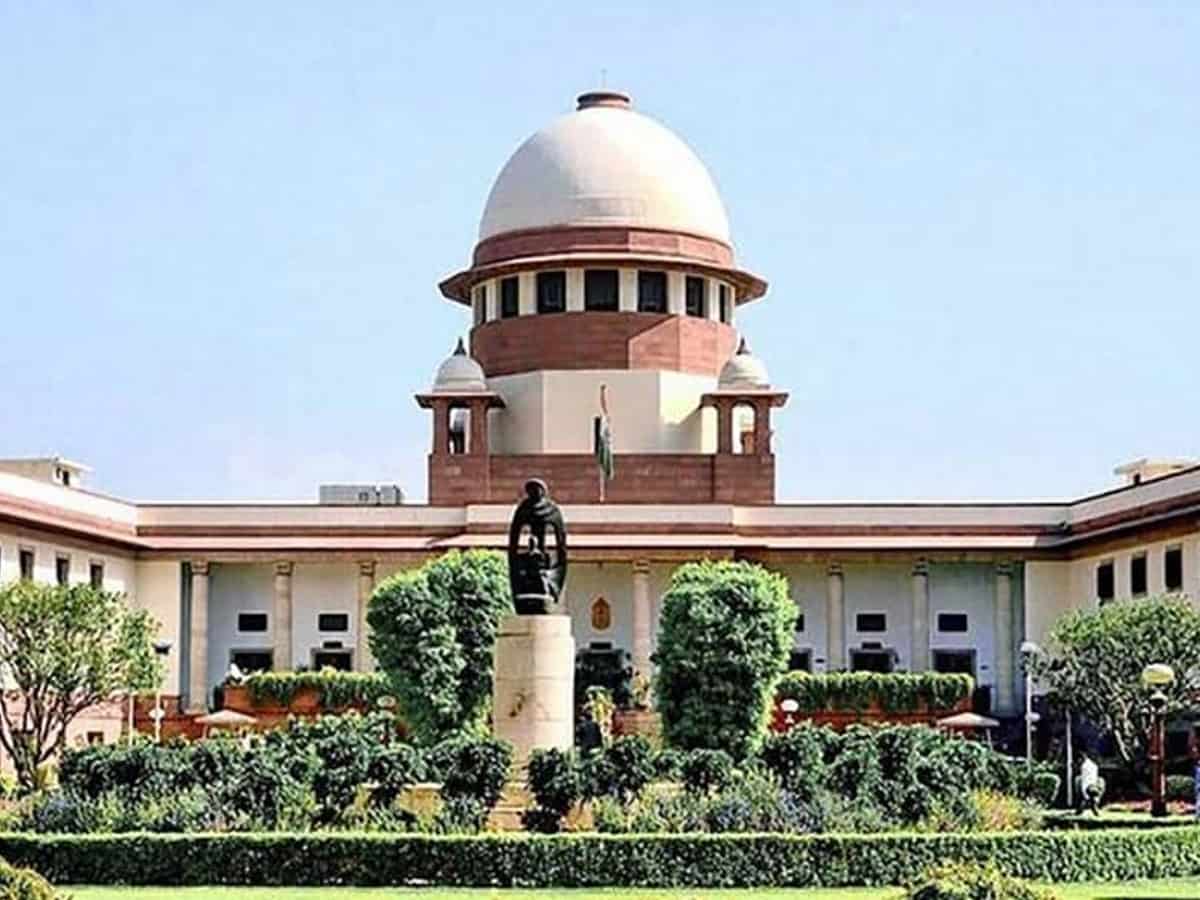New Delhi: The Supreme Court on Tuesday directed a man to pay the remaining Rs 4 crore of the agreed settlement to his estranged wife, within six weeks, saying that he can divorce his wife but “cannot divorce his children”.
A bench of Justices D.Y. Chandrachud and M.R. Shah told husband’s counsel that he agreed in the settlement that the day the decree of divorce is granted, he will pay his wife the remaining amount.
“Now this financial constraint argument will not hold good,” the bench noted.
The couple, who have been staying separately since 2019, have two children and their custody terms have been agreed by both.
Husband’s counsel, during the hearing, contended before the bench that in the mediation proceedings, a settlement for Rs 5 crore to be paid to her was reached between the parties and he had paid Rs 1 crore then. However, the man sought more time to pay outstanding Rs 4 crore to the wife, and cited the ongoing pandemic, to claim his gems and jewellery business has taken a bad hit.
Counsel argued that his client’s business is facing insolvency proceedings and that his client will pay Rs 1 crore in one month and another Rs 1 crore after three months.
The top court said that all other conditions of the settlement reached between the estranged couple have to be as per the agreement. It observed: “You can divorce your wife, but you cannot divorce your children as you have given birth to them. You have to take care of them.”
Noting the man paid Rs 1 crore on the day of the settlement, it directed him to pay Rs 1 crore by September 1, 2021 and another Rs 3 crore by September 30, 2021.
The bench further added the husband should pay his wife the amount to maintain herself and the minor children and also quashed cases and legal proceedings initiated by the couple against each other and the in-laws.
The bench noted in August 2019, an agreement was reached between the parties, and the husband would have paid the entire agreed amount in 2019. Exercising plenary powers under Article 142 of the Constitution, it also granted divorce by mutual consent to the couple.

